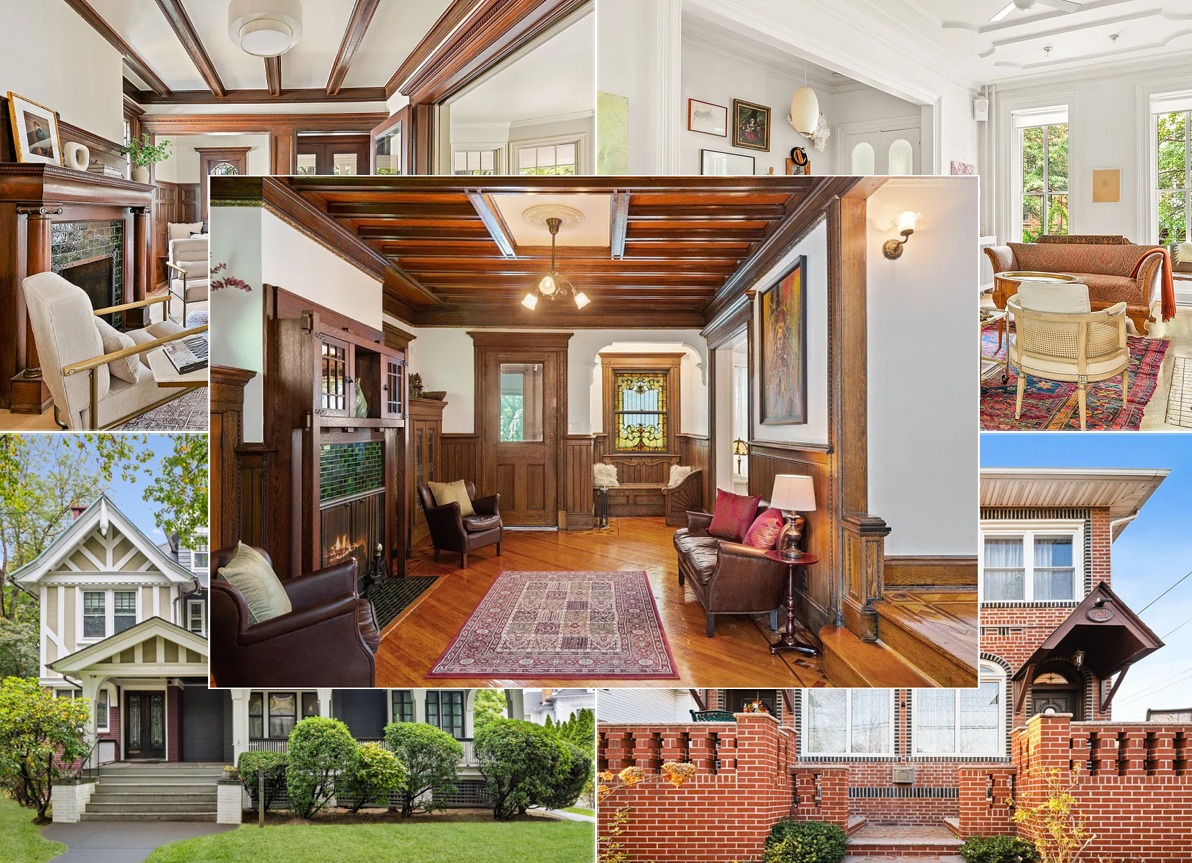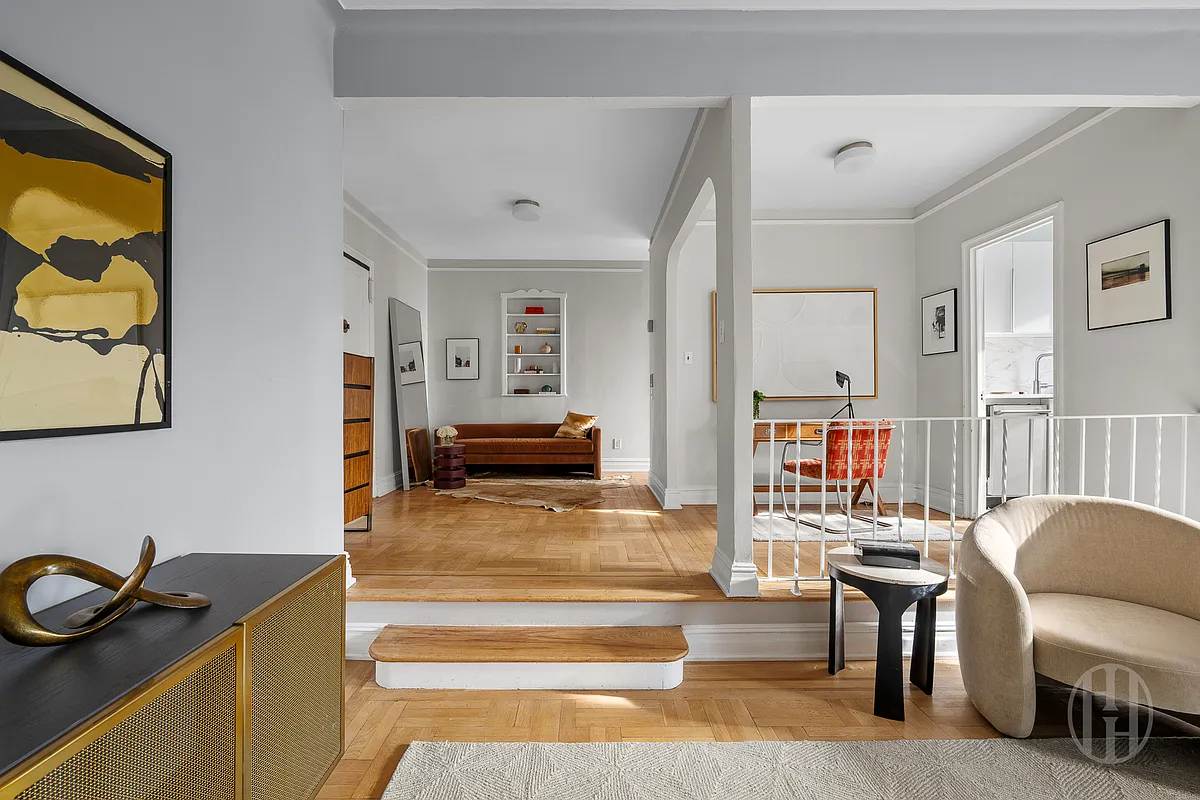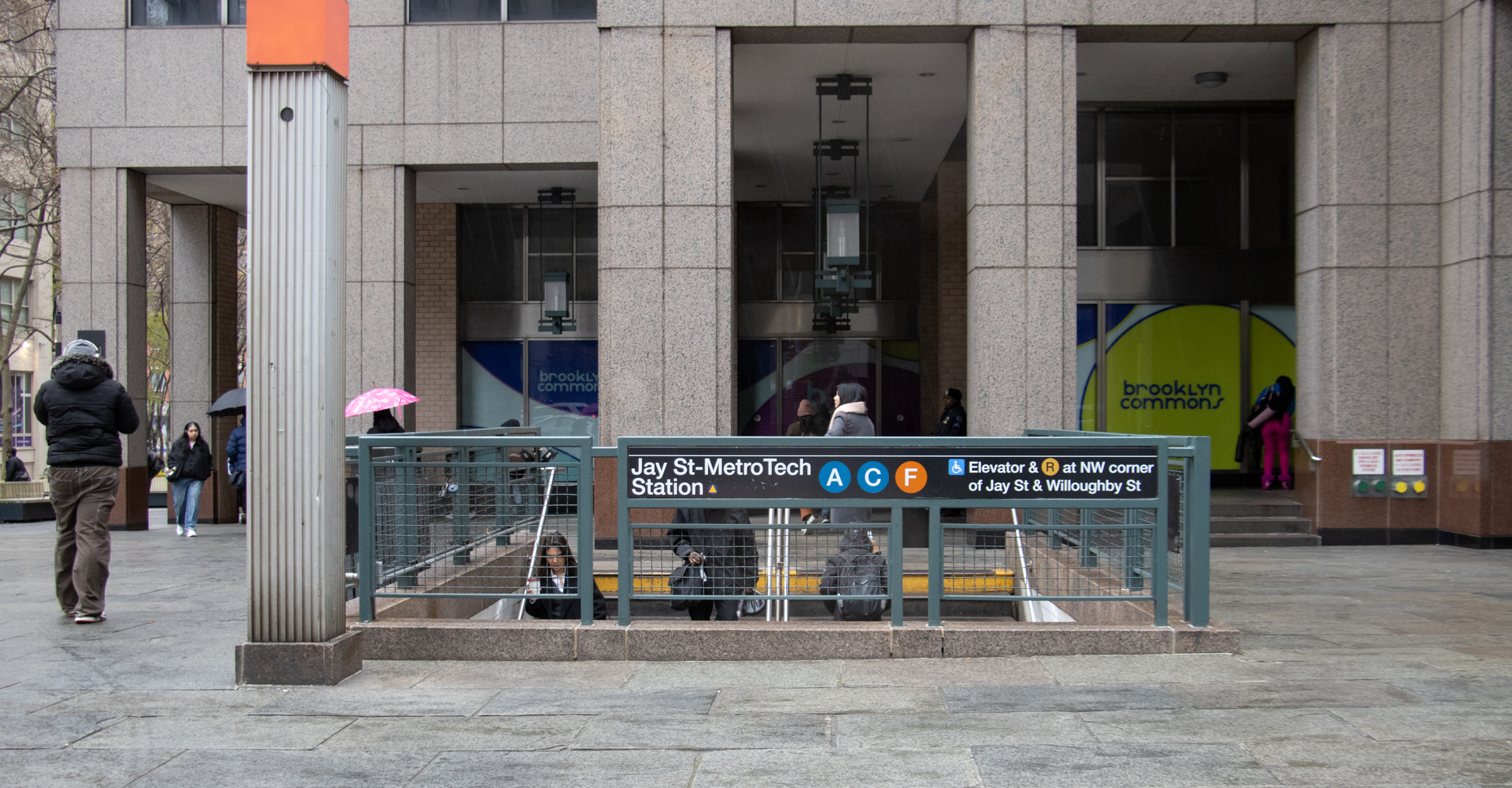Refinancing: How Sweet It Is
We’ve had a 6 percent 30-Year fixed mortgage since we bought our house in 2005. With rates at historic lows, we, like many people, started looking into refinancing earlier in the year, but had to put it on hold until we got tax extensions, and then returns, filed. When we spoke with the mortgage specialist…
We’ve had a 6 percent 30-Year fixed mortgage since we bought our house in 2005. With rates at historic lows, we, like many people, started looking into refinancing earlier in the year, but had to put it on hold until we got tax extensions, and then returns, filed. When we spoke with the mortgage specialist at Chase in February the conforming loan limit for a two-family house in Brooklyn was just south of $800,000. When we got on the phone yesterday morning we were pleased to learn that the conforming limit had recently been raised to $934,200; the single-family limit is $729,750. We were able to do a 90-day lock for a 1/4 point at 5 percent. Here’s where you have to start to question how low prices can really go: With rates where they are right now, you could, say, buy a $1.2 million house and lock in mortgage payments of $5,000 a month; assume you make $1,500 on your rental and you’re down to $3,500; throw in the tax breaks and you’re down to $2,500; add back in $1,000 a month for taxes and insurance and you’re back up to $3,500. $3,500 a month to own your own house in New York City and have, say, 2,400 square feet of living space for yourself (three out of four floors). The trickier part comes when you need to finance more than that $934,200. Have any readers gotten financing for significantly more than that recently? How did you structure it? We heard from Chase that HELOCs are quite hard to get right now?





Parksloper…that crisis is already upon us. We are just at the beginning.
For Ontheparkway, remember that any building improvements or repairs you make that also affect the rental portion of your house are tax deductible for that portion, so that will offset the taxes a bit. (For a $1000 plumbing job, you’d deduct 25% for a 4-story w/ garden floor rental.)
For Dcorreale, we ran the same numbers the What is mentioning before we decided to refinance. For the early years of your mortgage, most of your monthly payment is applied to interest, not principal, precisely because most people move or refinance within 5 years. So you have to calculate back in the additional interest you’ll be re-paying at the lower rate, and the extra years you’ll be adding on the back end of your mortgage (to keep Brownstoner as an example, he’ll be paying for 33.5 years instead of 30). Because of all that and the closing costs of a new loan, people are advised not to refinance unless rates are a full point lower than what they have.
However, only knowing my own numbers and not Brownstoner’s, I’d have to guess that he’ll easily make these costs back within several years. Three and a half years is not that long to be making payments, so he hasn’t tossed away that much interest.
While our payments went down a lot, they didn’t go down quite as much per month as Mr. B’s. Still, when we looked at the life of the refi’d loan vs. the life of the existing loan, it turned out that we’d be paying about 200K less in interest (again, most of which you pay in the beginning) than if we stuck with the rate we had. And that’s accounting for the interest we’d already paid for our first loan. We’ll make back our closing fees in about a year.
Sorry, Dcorreale, I was replying to your first post, not your second. It took a long time for my reply to go through for some reason.
I think the combination of the disappearance of crazy bonus-money buyers at the top end, and the glut of condos at the lower end, will stretch the bottoming out of house prices for a little while, even though I agree that the low interest rates and gov’t incentives to buyers are worth looking into now even if prices themselves might fall a bit farther in the next year or two. For regular middle-class NY’ers who have jobs that aren’t in finance or media, the tide may finally be turning their way.
Refi is great in theory but difficult in practice. We just tried to refi out 2BR with Citibank and got an appraisal 100K less than we paid for the place in 2003 and less than 60% of the appraisal from a 6-month old refi!
When our mortgage broker asked the bank what was going on it turned out the appraiser was based on Long Island and was utterly unfamiliar with Brooklyn real estate and the concept of 4-unit co-ops. They based our appraisal on a fire sale of an apartment less than half our size.
So now we’re out over a $1000 and over two months time and still paying a mortgage over a point above market.
Park Sloper, you are still paying the fixed rate of interest on the principal, but it is mostly interest at the early stages because of the amount of principal. It is done so you have an equal payment for all 30 years. Obviously, as you paydown principal, you owe less interest (but at the same rate). Banks are not charging you more in the early years, they are charging you the same amount, but off of a higher base
“$3,500 a month to own your own house in New York City and have, say, 2,400 square feet of living space for yourself (three out of four floors).”
+ ($240K + $250K + $660K – $666K)/(60 mos) = $11,567 a month if sold for half off FIVE YEARS later
OR
+ ($240K + $250K + $360K – $666K)/(120 mos) = $5,033 a month if sold for half off TEN YEARS later (no divorce, no relocation, no job loss, no default)
$240K = 20% Down
$250K = Min. Renovation (easy for that price)
$660K = Loan balance after five years
$360K = Loan balance after ten years
$666K = Half Off Peak Comps (Assuming -10% so far)
…and the pleasure of a part-time job as landlord.
Simple math not including interest (loan balances above actually higher), fees, maintenance, utilities, etc., which all clobber any tax benefit.
Why not just outsave interest rate hikes (said hikes will only add to the already downward spiral in prices thus self-cancelling out the monthly payment effect anyway) and wait for half off (or where ever else the chips may fall), then dive in? In the mean time rent a duplex, triplex or a single family home in the burbs without the hidden costs (downpayment, depreciation, ownership responsibilities, bank/broker fees, landlord stress, etc).
“Here’s where you have to start to question how low prices can really go…”
Prop prop prop prop it up [home value]!
***Bid half off peak comps***
They are almost entirely interest payments because you are paying the fixed rate on a larger base. You are still going to pay that fixed rate on that larger base regardless of whether you refinance or not. Banks do not charge higher interest rates in the earlier years, you pay almost all interest because you have a higher amount to payback. So again, do you want to pay 5% or 7% on whatever your mortgage is today?
Dcorreale: But just because you have a 7% interest rate doesn’t mean you’re paying only principal plus 7% interest each month. Most banks have you paying something like 90% interest and 10% toward principal each month during the first years of a mortgage. So in your example, although I admit I don’t really understand your numbers, I’m not sure it’s right that you would have paid off $26,000 in principal
Nothing wrong with refinancing if the present value of the after-tax interest reduction is higher than the costs to do the deal. All else should be held equal.